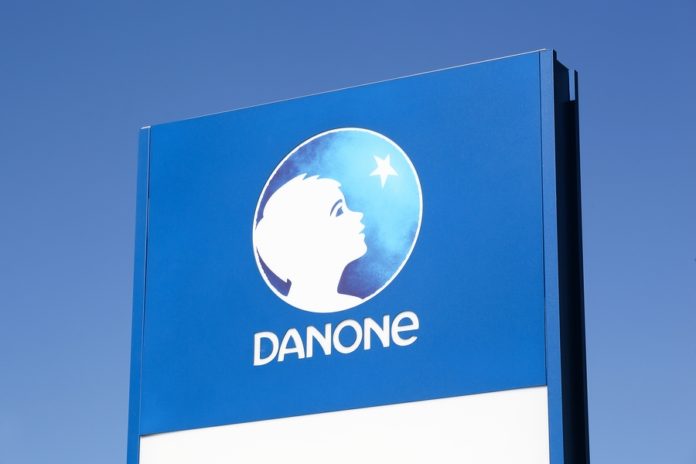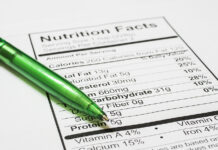
Prompted by global climate change and shifting consumer demands, the economy is pivoting in favor of environmentally sustainable companies.
According to new research from CDP, Danone and Nestlé are a step (or two) ahead in the food and beverage arena. While a handful of influential companies can certainly encourage change, their progress towards a low-carbon economy also highlights the immense room for improvement in the industry.
CDP’s study
Leading food and beverage companies like Danone and Nestlé recognize the advantages of leaning into environmental sustainability. Consumers are becoming more environmentally conscious, aligning themselves with businesses that prioritize sustainability and consuming more plant-based options. Plus, prioritizing sustainability is a step towards safeguarding companies from physical risks like heat stress.
CDP’s findings emphasize how far the food and beverage industry has come — and how far it still has to go.
- Scope 3 (indirect) emissions make up 90% of lifecycle emissions in the consumer goods sector, but 56% of food and beverage companies still have no reduction targets.
- 5 of the 9* assessed food and beverage companies are innovating existing dairy or meat-based products to produce vegan options.
- Of the top 10 revenue-generating brands for each company that was assessed, 60% haven’t delivered low-carbon innovations to market in the last 5 years.
- In the consumer goods sector, 75% of companies have acquired smaller, sustainably-minded brands.
*CDP assessed 9 food and beverage companies including 2 breweries, which are already plant-based
Company rankings
To identify which companies are pulling away from the pack, CDP assessed nine of the largest public food and beverage companies based on four criteria:
- Transition risks, e.g. business resilience
- Physical risks, e.g. vulnerability to water scarcity
- Transition opportunities, e.g. investments in renewable energy
- Climate governance and strategy, e.g. emission reduction targets
Each company was assigned a weighted ranking based on the criteria listed above. Danone and Nestlé came out on top — here’s how the other brands fared.
- Danone
- Nestlé
- AB InBev
- PepsiCo
- Diageo
- Heineken
- The Coca-Cola Company
- Mondelez
- Kraft Heinz
Related reading








